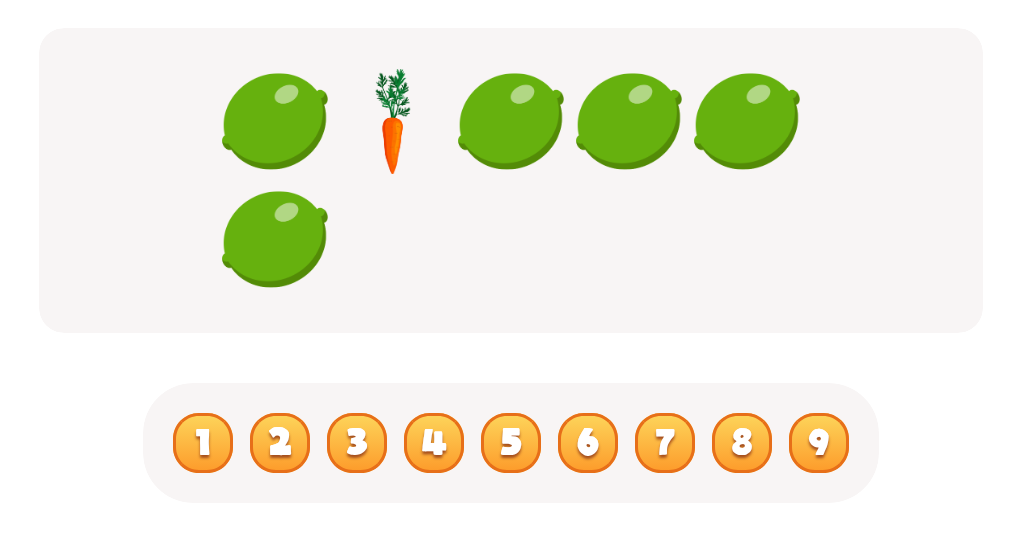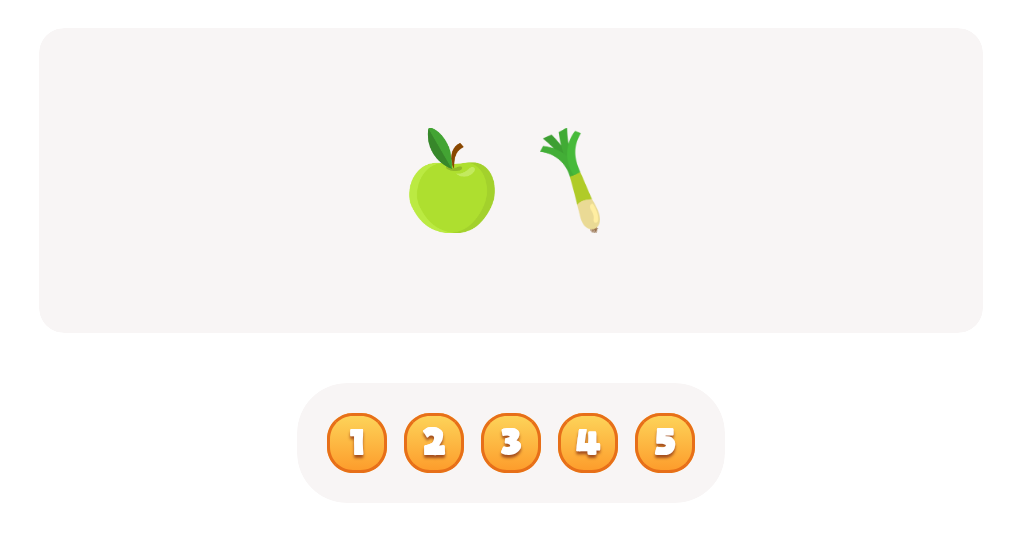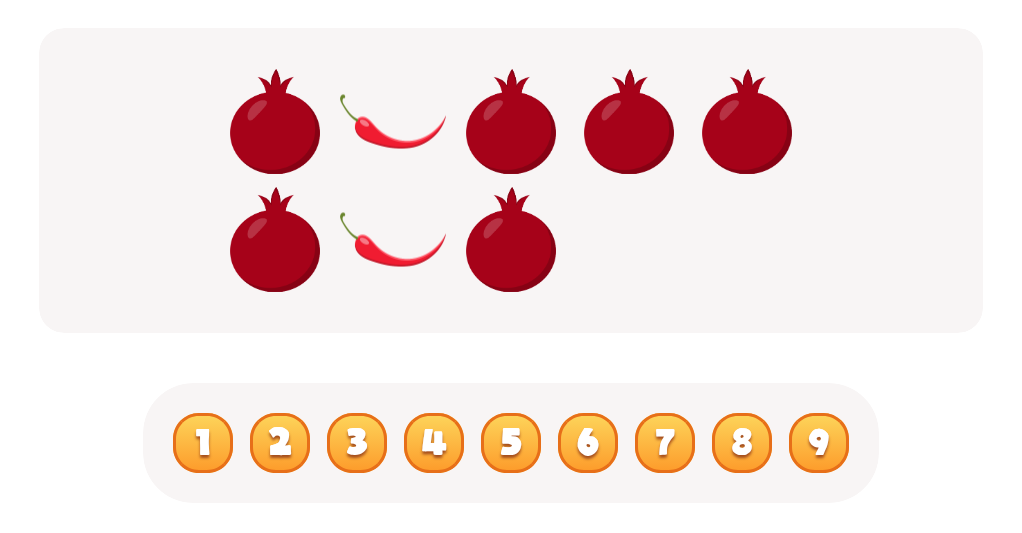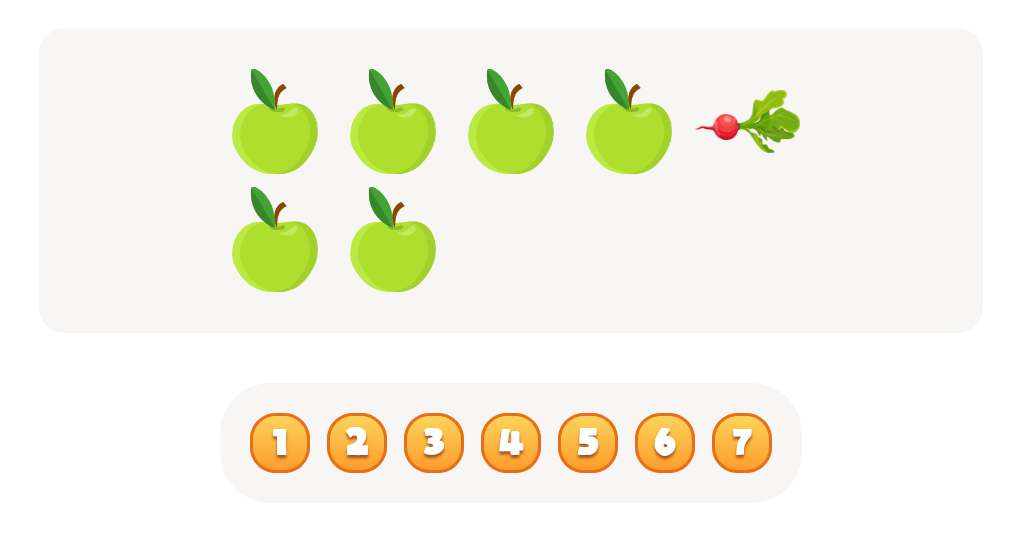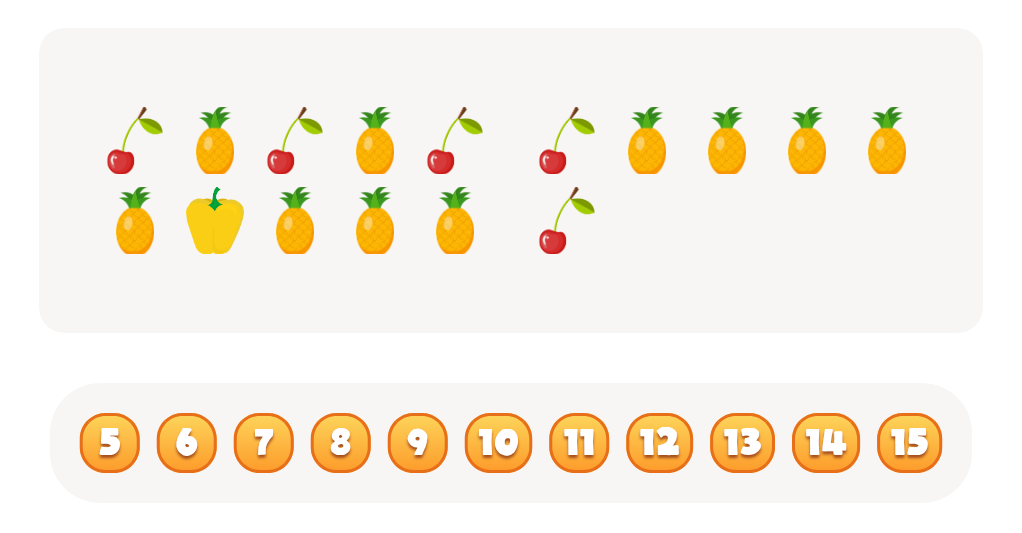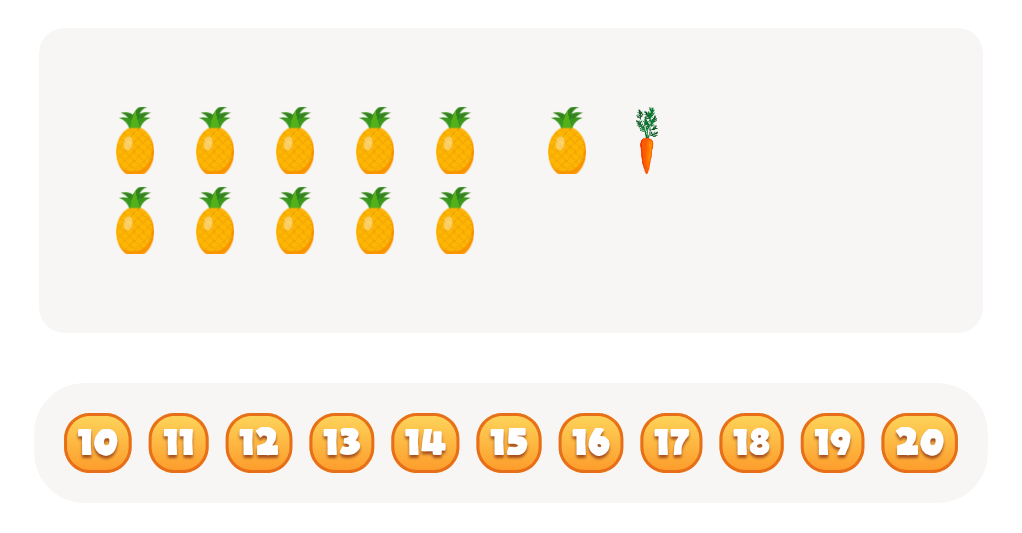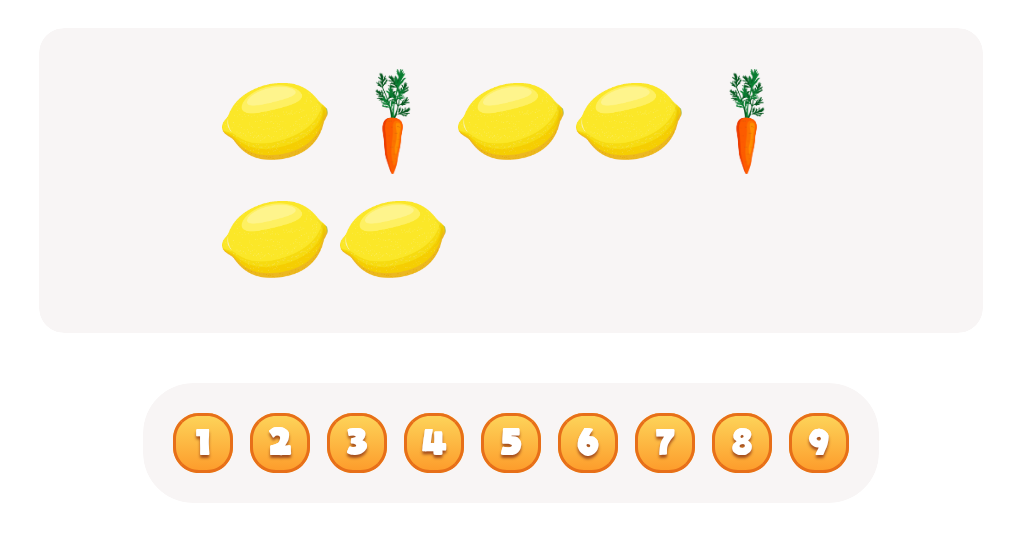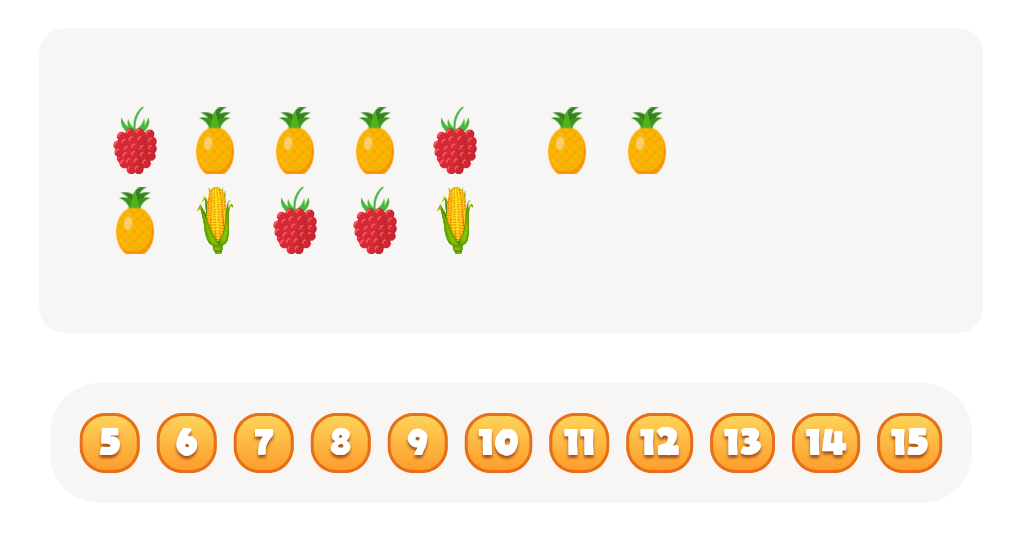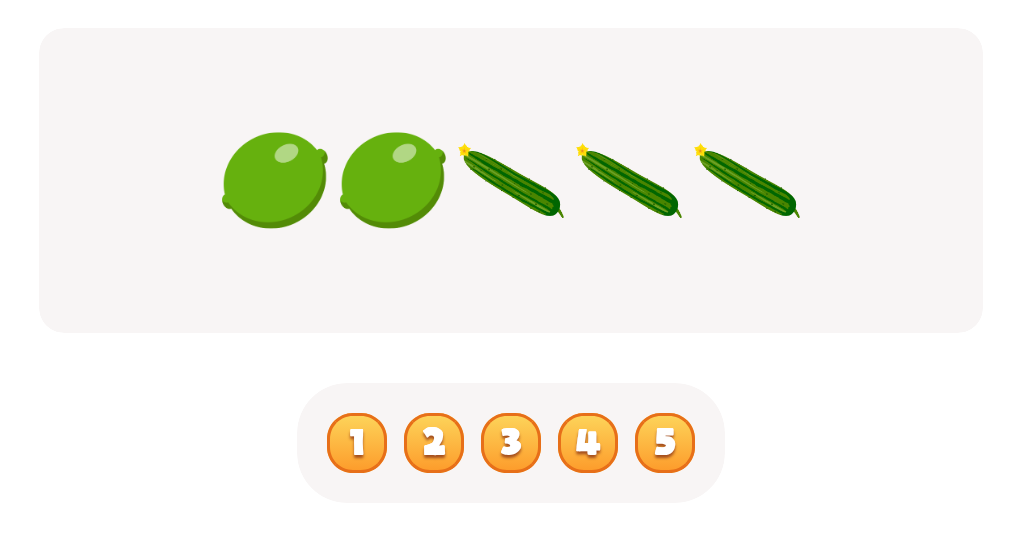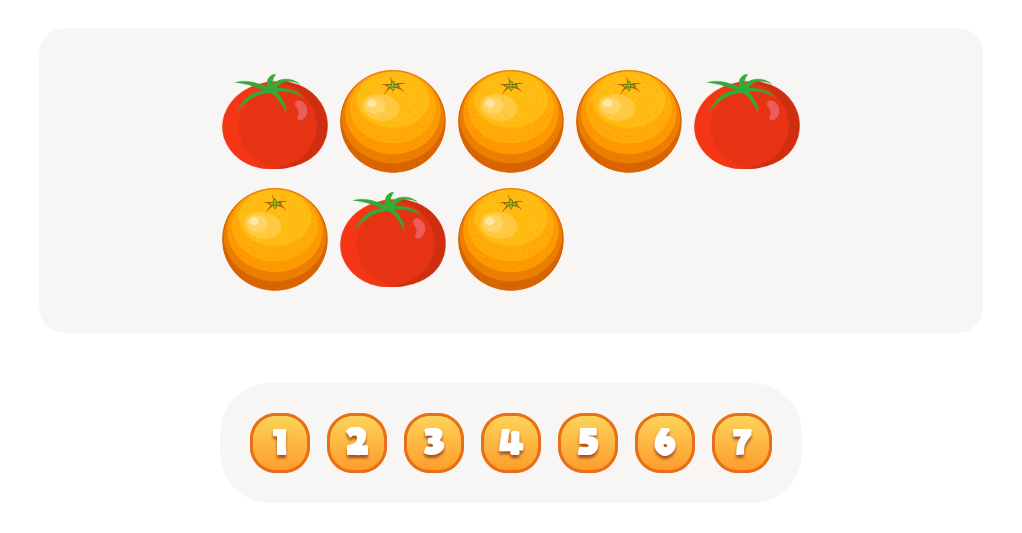Vocabulary expansion Normal Plants and Animals Worksheets for Ages 8-9
5 filtered results
-
From - To
Expand your child's vocabulary with our engaging "Vocabulary Expansion: Normal Plants and Animals" worksheets designed specifically for ages 8-9. These worksheets offer a fun and interactive way for children to learn important terminology related to plants and animals while enhancing their understanding of the natural world. Featuring colorful illustrations and engaging activities, our resources encourage children to explore new words, making learning enjoyable and effective. Suitable for classroom use or at home, these worksheets support literacy development, curiosity, and a love for science. Start your child's vocabulary journey today and foster a deeper appreciation for the environment around them!
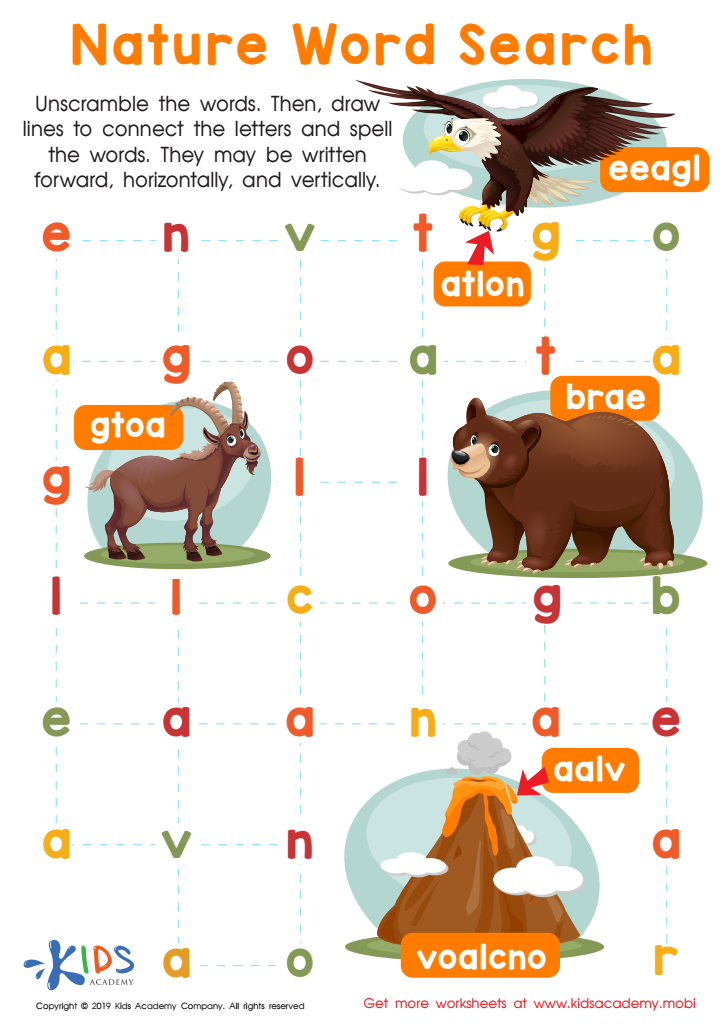

Nature Word Search Worksheet
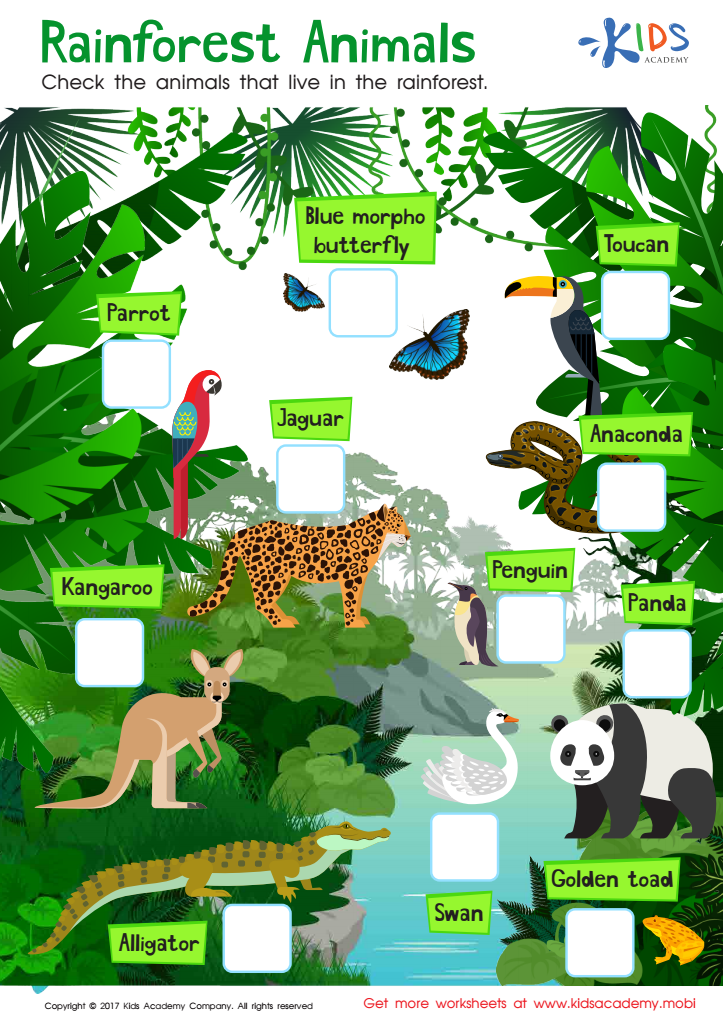

Rainforest Animals Worksheet
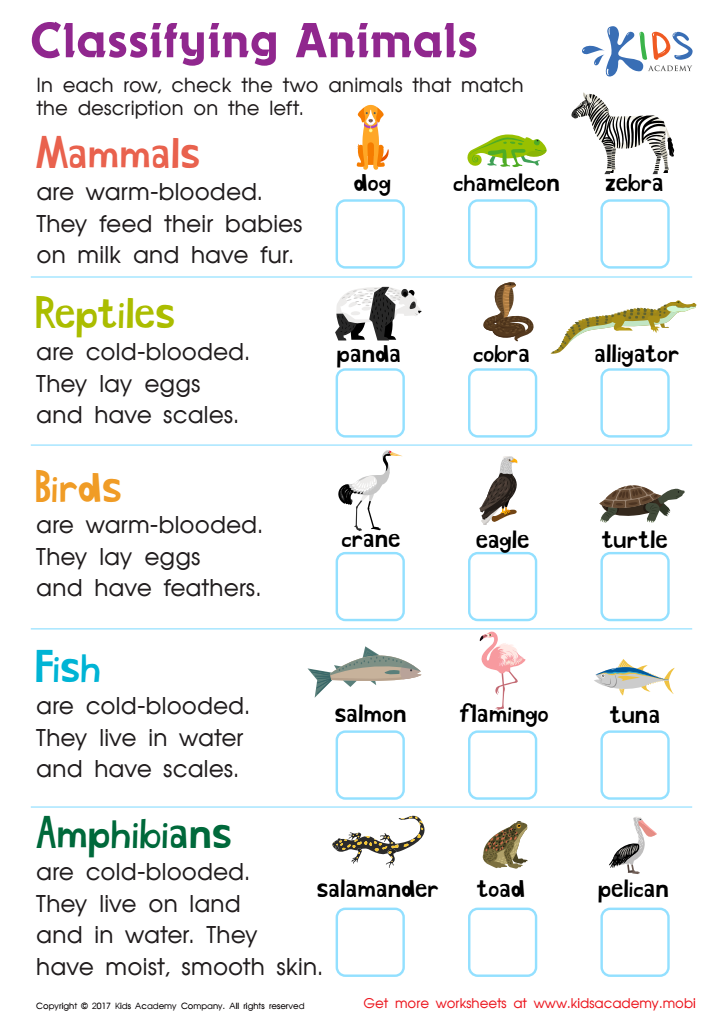

Classifying Animals Worksheet
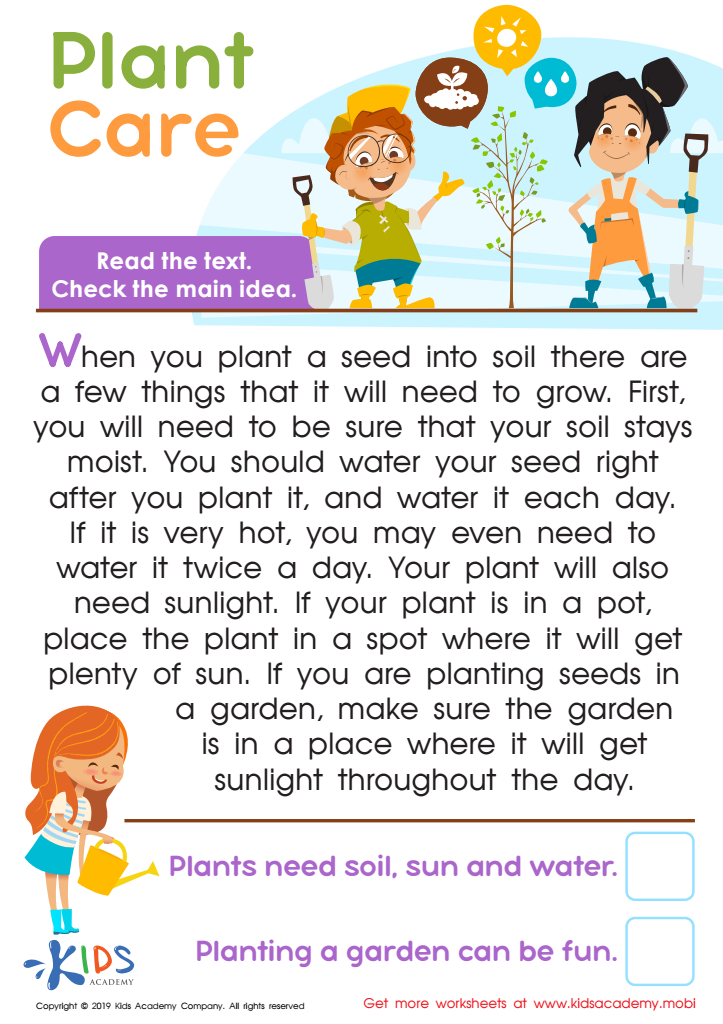

Plant Care Worksheet
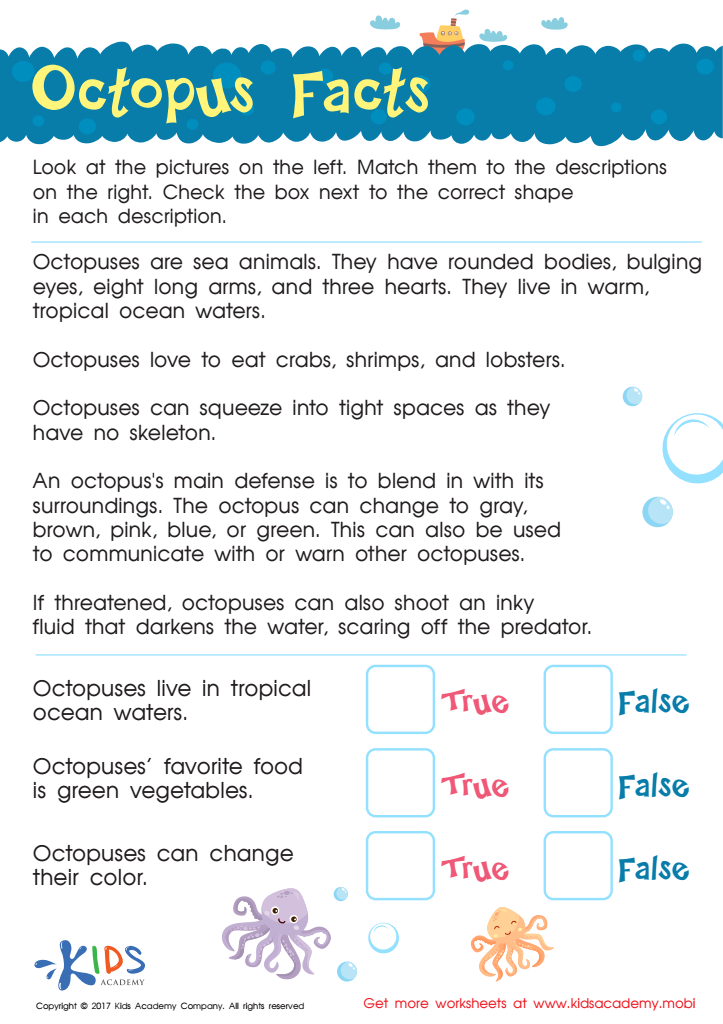

Octopus Facts Worksheet For Kids
Vocabulary expansion in topics like normal plants and animals is crucial for children aged 8-9 because this stage signifies significant cognitive and linguistic development. At this age, children are transitioning from learning to read to reading to learn, and a robust vocabulary significantly enhances comprehension skills. Understanding terminology related to plants and animals allows them to engage with various subjects, including science, literature, and environmental studies.
Moreover, a strong vocabulary supports critical thinking and encourages curiosity. When children can articulate their thoughts about ecosystems, biodiversity, or the lifecycle of plants and animals, they develop confidence in their communication skills. This foundation fosters effective discussions, whether with peers or teachers, and nurtures a love for learning.
Additionally, familiarity with such vocabulary can lead students to engage more fully in activities like gardening, nature walks, and experiments, reinforcing experiential learning. Parents and teachers should care because vocabulary impacts children’s academic performance and social interactions. By intentionally expanding their knowledge of plants and animals, caregivers not only enhance literacy skills but also cultivate a sense of wonder about the natural world, which is essential for developing responsible, environmentally conscious individuals in the future.
 Assign to My Students
Assign to My Students
